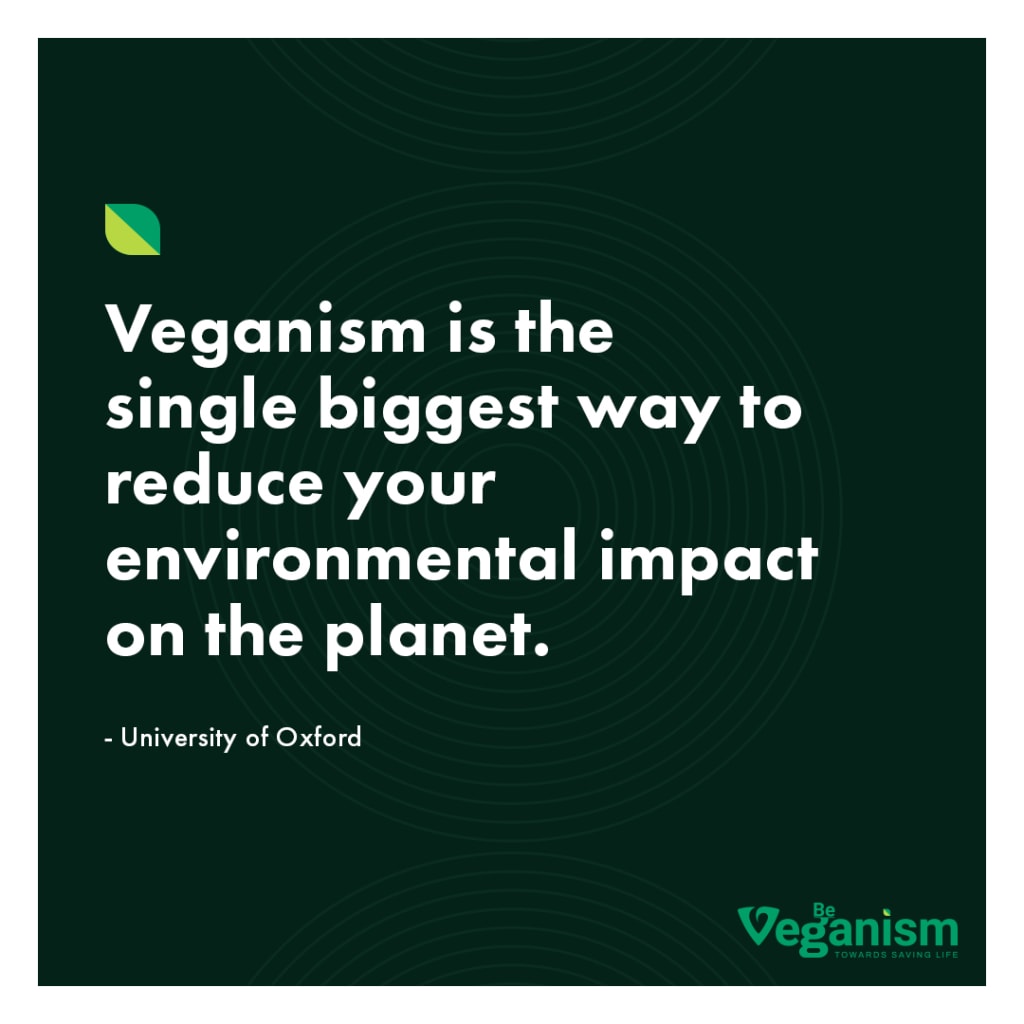The Key Difference Between Vegan and Vegetarian: What You Need to Know
Difference Between Vegan and Vegetarian

As more people become conscious of the impact of their dietary choices on the environment, animal welfare, and their health, plant-based diets have become increasingly popular. Two of the most common plant-based diets are vegan and vegetarian. While they may seem similar, there are significant differences between them.
In this article, we’ll explore the key difference between vegan and vegetarian, including what each one involves, what foods are allowed, and their potential benefits and drawbacks.
A vegan diet is a type of plant-based diet that excludes all animal products and byproducts. This means that vegans do not consume meat, poultry, fish, dairy, eggs, honey, or any other foods derived from animals. Vegans also avoid animal-derived products, such as leather, wool, and silk.
A vegan diet typically includes fruits, vegetables, whole grains, legumes, nuts, and seeds. Vegans may also use plant-based meat substitutes, such as tofu, tempeh, and seitan, to replace meat in their meals.
What is a vegetarian?
A vegetarian diet is another type of plant-based diet that eliminates meat, poultry, and fish. However, unlike veganism, vegetarians may consume dairy products and eggs. Some vegetarians also eat honey.
There are several different types of vegetarian diets. Lacto-ovo vegetarians eat dairy products and eggs but avoid meat, poultry, and fish. Lacto vegetarians consume dairy but not eggs, while ovo vegetarians eat eggs but not dairy. Pesco-vegetarians or pescatarians eat fish and seafood but avoid meat and poultry.
What are the potential benefits of vegan and vegetarian diets?
Both vegan and vegetarian diets have been associated with a range of potential health benefits. Here are some examples:
Reduced risk of heart disease: Studies have shown that both vegan and vegetarian diets can reduce the risk of heart disease. This is thought to be because these diets are typically lower in saturated fat, which can raise cholesterol levels and increase the risk of heart disease.
Improved digestion: A plant-based diet is rich in fiber, which can help improve digestive health and reduce the risk of constipation, hemorrhoids, and other digestive issues.
Better weight management: Plant-based diets are often lower in calories than omnivorous diets, which can help with weight management. Studies have found that people following vegan and vegetarian diets tend to have lower body mass indexes (BMIs) than meat-eaters.
Reduced risk of certain cancers: Some studies suggest that plant-based diets may reduce the risk of certain cancers, such as colon, breast, and prostate cancers.
Reduced risk of diabetes: Plant-based diets are often rich in complex carbohydrates and fiber, which can help regulate blood sugar levels and reduce the risk of type 2 diabetes.
What are the potential drawbacks of vegan and vegetarian diets?
While vegan diet have many potential benefits, they can also come with some drawbacks. Here are a few examples:
Nutrient deficiencies: Plant-based diets may be deficient in certain nutrients, such as vitamin B12, iron, calcium, and omega-3 fatty acids. Vegans and vegetarians need to be mindful of their nutrient intake and may need to take supplements to ensure they get enough of these nutrients.
Limited food choices: Depending on where you live, finding vegan or vegetarian options may be challenging, particularly when eating out.
Social challenges: If you are the only vegan or vegetarian in your social circle, you may find it challenging to find suitable food options when eating out with friends or family.
About the Creator
Be Veganism
Veganism is the way of life that is chosen by millions who care for animals and our climate. Join the movement today and show your support to the voiceless.






Comments
There are no comments for this story
Be the first to respond and start the conversation.